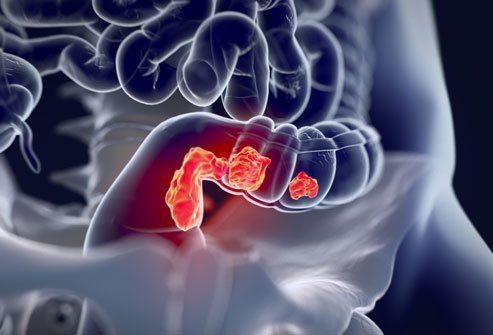Problems and Solutions for the Surgical Treatment of Low Rectal Cancer
Apr 19, 2022
When a person is diagnosed with rectal cancer that is near the anal opening, our priorities must be in order. Naturally, nobody desires to live with a permanent stoma (a bag attached to the abdomen for the passage of faeces). When there is little distance of the tumour from the anal sphincters, which control the passage of stool and flatus, in many instances the surgical option given entails a permanent colostomy.

So how does one deal with this situation? Firstly, almost all patient will require chemoradiation before surgery in this situation. This may increase the chance of sphincter preservation. Also, laparoscopic or minimally invasive surgery is usually equally effective in saving the passage, with the additional advantage of lesser scar and pain. Also, expertise for sphincter saving procedures varies from center to center. So, we must be sure that the facilities are available. Lastly, without surgery, cure is highly unlikely unless the cancer is a squamous carcinoma and not an adenocarcinoma, in which case chemoradiation may be sufficient.
Let us prioritize our perspectives:
- Safety – There should be no compromise on safety while taking decisions and risks should be minimized
- Complete tumour removal – unless the tumour is removed 100% there is no point in carrying out an operation since the disease is sure to return; neither at the cost of sacrificing the passage, nor removal or partial removal of adjacent organs
- Sphincter preservation – if the above two criteria are fulfilled and there is a reasonable chance that the tone/control will be preserved, this is possible through an ultralow anterior resection or intersphincteric resection
- Minimally invasive surgery – when dealing with cancer, laparoscopic or robotic surgery are good options if the above priorities have been fulfilled, but not at the cost of any of the above
In conclusion, saving the anal passage is possible is many situations and the option should be explored. But at other times, the best quality of life is achieved by living with a permanent stoma.








